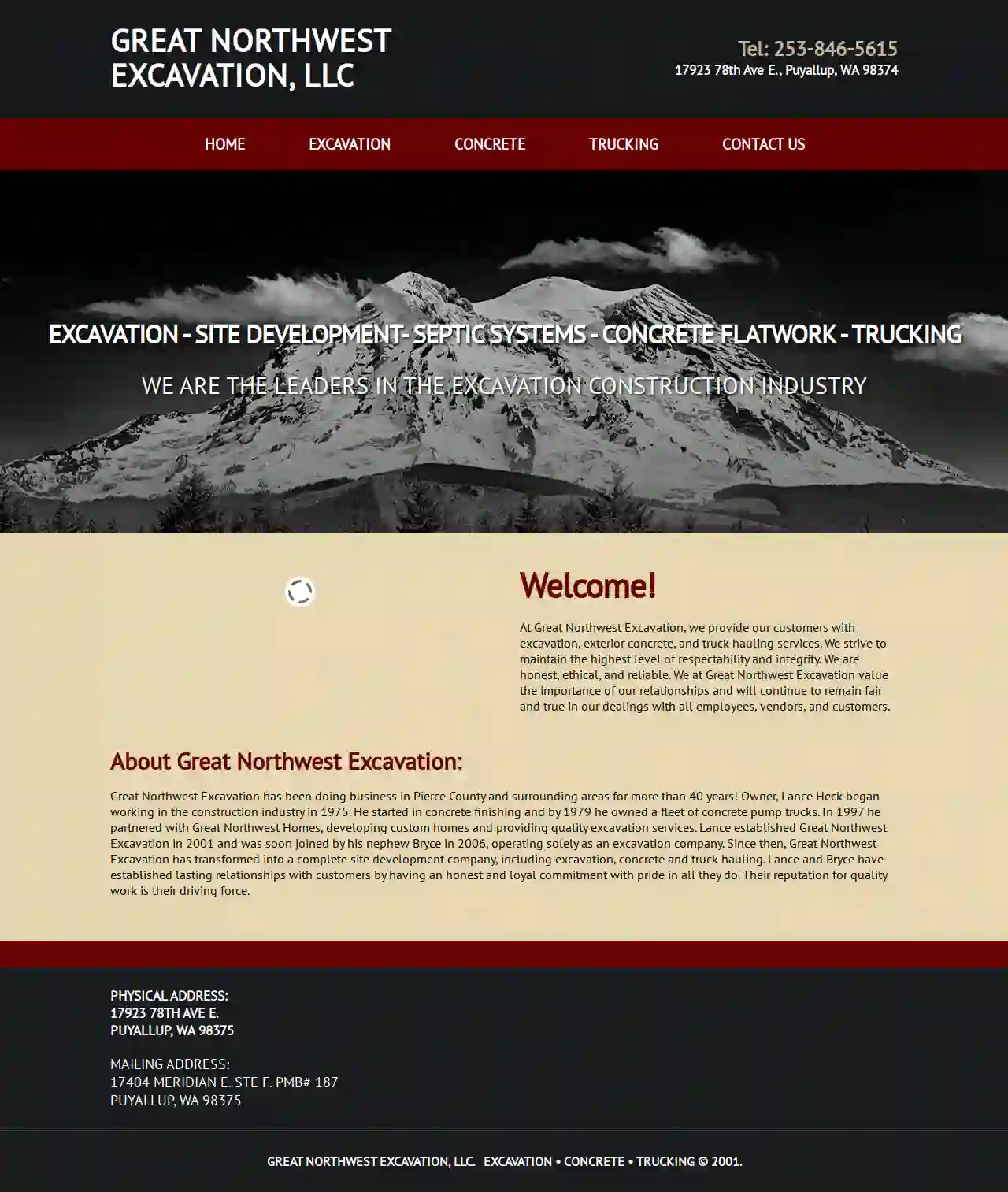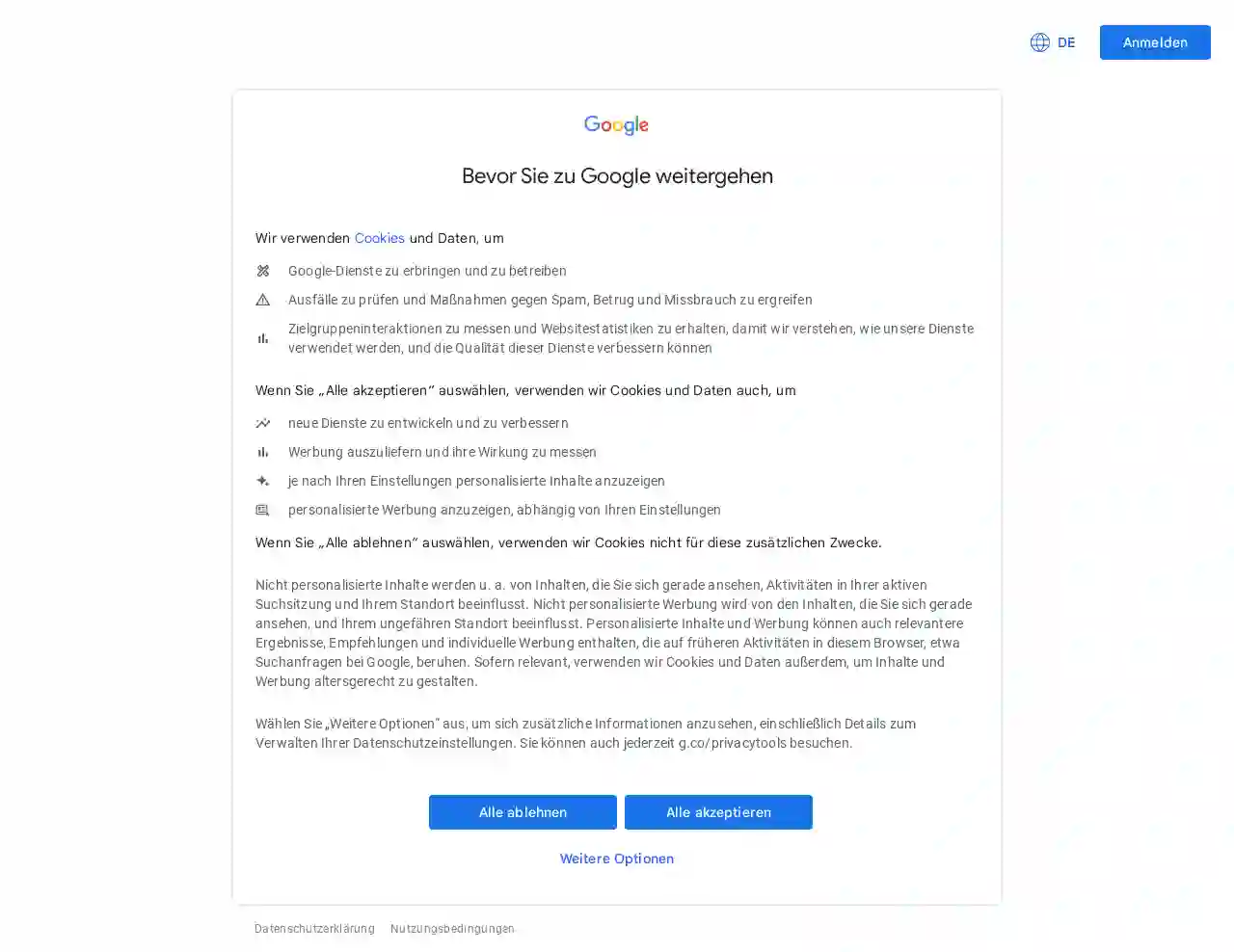Dirt Contractors Tacoma
Best Dirt Contractor in Tacoma
Get multiple Dirt Removal quotes for your project today! Compare profiles, reviews, accreditations, portfolio, etc... and choose the best service.

Adams Built
510 reviews14229 Spanaway Loop Rd S, Tacoma, 98444, USMaking Your Visions A Reality With Quality At Its Best Every construction job needs a strong foundation. Our team handles all aspects of site prep to ensure the job goes smoothly. The first step to land prep is clearing out debris, vegetation, and rocks. We take care of site prep from start to finish. Adams Built handles all utility hookups, including natural gas, power, water, sewers, and drainage. Site Preparation and Land Clearing Looking for a dedicated team to handle site prep? Adams Built is the best team for the job. With decades of experience and a deep understanding of what goes into construction from the foundation up, our team knows the ins and outs of site prep. When you have an excavation project that needs doing, Adams Built is the only team you need on the job. We handle all aspects of site prep. We clear out tree stumps and shrubs, debris, and even existing structures in the way of your building project. It’s important to provide a solid foundation for any construction work, and our team is very experienced at doing just that. Our experienced team takes a lot of pride in our detail-oriented approach to our work, and we’re sure we’ll exceed your expectations. Excavation and Utility Work… And More Land grading is the very first step in any construction project. It’s important to get the land ready before building begins, and proper grading ensures that the soil is level and more resistant to erosion. This makes the construction job easier and ensures the future stability of the entire structure. If you’re building a house, you’ll also need trenches dug for sewer lines and other utilities. The excavation experts at Adams Built can take care of that too. Using trenchless technology, we can help get your site hooked up to city lines with minimal disruption and reduced costs compared to traditional trenches. Residential Demolition Services Got an old shed that you don’t need anymore? Need space prepped for a home addition? Give us a call. Our team can handle residential demolition with ease. Our team knows the importance of being mindful of our surroundings, especially in residential areas. There’s nothing more annoying than noisy construction work next door! That’s why we always do all we can to get our work done safely and efficiently, with minimal disruption to peoples’ day-to-day. For a team of skilled and professional excavation contractors who provide excellent customer service and open communication throughout the process, you can count on Adams Built. Customer satisfaction drives our work, so rest assured we’ll do all we can to get there. Adams Built: Your Local Excavating Company When you need residential excavation services, Adams Built is the best team to call. We’re true professionals who operate with a strong attention to detail and dedication to our work. When you want your excavation project done right the first time, you know who to call. Customer satisfaction is our goal in every project, which is why we always provide top-quality service in everything we do. Our team works efficiently to ensure minimal disruption to your daily life. If you’re looking for skilled excavating contractors to set up a smooth construction process, give Adams Built a call.
- Services
- Why Us?
- Gallery
Get Quote
Great Northwest Excavation LLC
2.36 reviews17923 78th Ave E., Puyallup, 98375, USWelcome to Great Northwest Excavation! At Great Northwest Excavation, we provide our customers with excavation, exterior concrete, and truck hauling services. We strive to maintain the highest level of respectability and integrity. We are honest, ethical, and reliable. We at Great Northwest Excavation value the importance of our relationships and will continue to remain fair and true in our dealings with all employees, vendors, and customers. About Great Northwest Excavation: Great Northwest Excavation has been doing business in Pierce County and surrounding areas for over 40 years! Owner, Lance Heck began working in the construction industry in 1975. He started in concrete finishing and by 1979 he owned a fleet of concrete pump trucks. In 1997 he partnered with Great Northwest Homes, developing custom homes and providing quality excavation services. Lance established Great Northwest Excavation in 2001 and was soon joined by his nephew Bryce in 2006, operating solely as an excavation company. Since then, Great Northwest Excavation has transformed into a complete site development company, including excavation, concrete and truck hauling. Lance and Bryce have established lasting relationships with customers by having an honest and loyal commitment with pride in all they do. Their reputation for quality work is their driving force.
- Services
- Why Us?
- Our Team
- Gallery
Get Quote
Sustainabuildity llc
12522 North Proctor Street, suite 134, 2522 North Proctor Street suite 134, Tacoma, 98406, USCrafting Spaces That Inspire Transforming your property into a beautiful and functional space. Explore Our Work About SABI LLC With over 30 years of experience in the construction industry, SABI LLC has become a trusted name in the field of construction. Our team of experts has the knowledge, skills, and expertise to handle any project, big or small. We have completed numerous projects ranging from residential homes to multi-family units, and our clients can attest to our commitment to quality and excellence. Our Team Our team is made up of experienced and skilled individuals who are passionate about what they do. From our project managers to our skilled tradespeople, we work together to ensure that every project is completed to the highest standard. We believe in building lasting relationships with our clients, and it shows in the way we approach every project. Our Services At SABI LLC, we offer a wide range of services to meet the diverse needs of our clients. Our services include civil work, dump trucking, street sweeping, design-build, general contracting, construction management, and more. We work closely with our clients to understand their unique needs and deliver solutions that exceed their expectations. We are committed to delivering projects that are on time, within budget, and of the highest quality. Building the Future: A Stunning Collection of SABI LLC's Completed Projects Rave Reviews from Happy Customers
- Services
- Why Us?
- Gallery
Get Quote
Genesis Excavating
515 reviewsTacoma, US- Services
- Why Us?
Get Quote
Over 3,943+ Excavation Contractors on our platform
Our excavation contractors operate in Tacoma & beyond!
ExcavationHQ has curated and vetted Top Excavation Businesses in Tacoma. Find a trustworthy pro today.
Frequently Asked Questions About Dirt Contractors
- Clear the Area: Remove any obstacles, such as furniture, toys, or landscaping features, from the designated delivery zone.
- Mark Utilities: Contact your local utility companies to have underground utilities, such as water lines, gas lines, or electrical cables, marked to prevent accidental damage during delivery.
- Protect Existing Landscaping: Cover or move any valuable plants, shrubs, or trees that might be affected by the dirt delivery.
- Provide Access: Ensure the delivery truck has clear access to the delivery zone, including wide enough gates or driveways.
- Communicate with the Contractor: Discuss any specific instructions or concerns you have with the dirt contractor before delivery day.
- Large-Scale Excavation: Assessing soil conditions, designing slopes, and ensuring stability for large excavation projects.
- Foundation Design: Determining the appropriate foundation type and depth based on soil bearing capacity and other factors.
- Retaining Walls: Designing retaining walls to stabilize slopes, prevent erosion, or create level areas on sloped sites.
- Slope Stability Analysis: Evaluating the stability of slopes and recommending measures to prevent landslides or erosion.
- Contaminated Soil Remediation: Developing and implementing plans to clean up contaminated soil.
- Spring and Fall: Generally considered the optimal seasons in many regions, as the weather is typically mild and the ground is workable.
- Summer: Can be suitable if the weather isn't excessively hot and dry, but ensure adequate watering to prevent soil from drying out.
- Winter: Often challenging due to frozen ground, snow, and potential for delays. However, some contractors may be available for deliveries if conditions permit.
What is the difference between dirt delivery and dirt removal?
Dirt Delivery: Involves transporting and delivering various types of dirt to your location. This could include topsoil for gardening, fill dirt for leveling ground, sand for construction projects, or gravel for driveways.
Dirt Removal: Focuses on excavating and hauling away excess dirt or soil from your property. This is often needed for construction projects, landscaping renovations, or when clearing land for other purposes.
Whether you need dirt brought in or taken out, choosing the right service is essential for your project's success.
How do I prepare my yard for dirt delivery?
What is a soil engineer, and when might I need one?
What is the best time of year to have dirt delivered?
What is the difference between dirt delivery and dirt removal?
Dirt Delivery: Involves transporting and delivering various types of dirt to your location. This could include topsoil for gardening, fill dirt for leveling ground, sand for construction projects, or gravel for driveways.
Dirt Removal: Focuses on excavating and hauling away excess dirt or soil from your property. This is often needed for construction projects, landscaping renovations, or when clearing land for other purposes.
Whether you need dirt brought in or taken out, choosing the right service is essential for your project's success.
How do I prepare my yard for dirt delivery?
- Clear the Area: Remove any obstacles, such as furniture, toys, or landscaping features, from the designated delivery zone.
- Mark Utilities: Contact your local utility companies to have underground utilities, such as water lines, gas lines, or electrical cables, marked to prevent accidental damage during delivery.
- Protect Existing Landscaping: Cover or move any valuable plants, shrubs, or trees that might be affected by the dirt delivery.
- Provide Access: Ensure the delivery truck has clear access to the delivery zone, including wide enough gates or driveways.
- Communicate with the Contractor: Discuss any specific instructions or concerns you have with the dirt contractor before delivery day.
What is a soil engineer, and when might I need one?
- Large-Scale Excavation: Assessing soil conditions, designing slopes, and ensuring stability for large excavation projects.
- Foundation Design: Determining the appropriate foundation type and depth based on soil bearing capacity and other factors.
- Retaining Walls: Designing retaining walls to stabilize slopes, prevent erosion, or create level areas on sloped sites.
- Slope Stability Analysis: Evaluating the stability of slopes and recommending measures to prevent landslides or erosion.
- Contaminated Soil Remediation: Developing and implementing plans to clean up contaminated soil.
What is the best time of year to have dirt delivered?
- Spring and Fall: Generally considered the optimal seasons in many regions, as the weather is typically mild and the ground is workable.
- Summer: Can be suitable if the weather isn't excessively hot and dry, but ensure adequate watering to prevent soil from drying out.
- Winter: Often challenging due to frozen ground, snow, and potential for delays. However, some contractors may be available for deliveries if conditions permit.